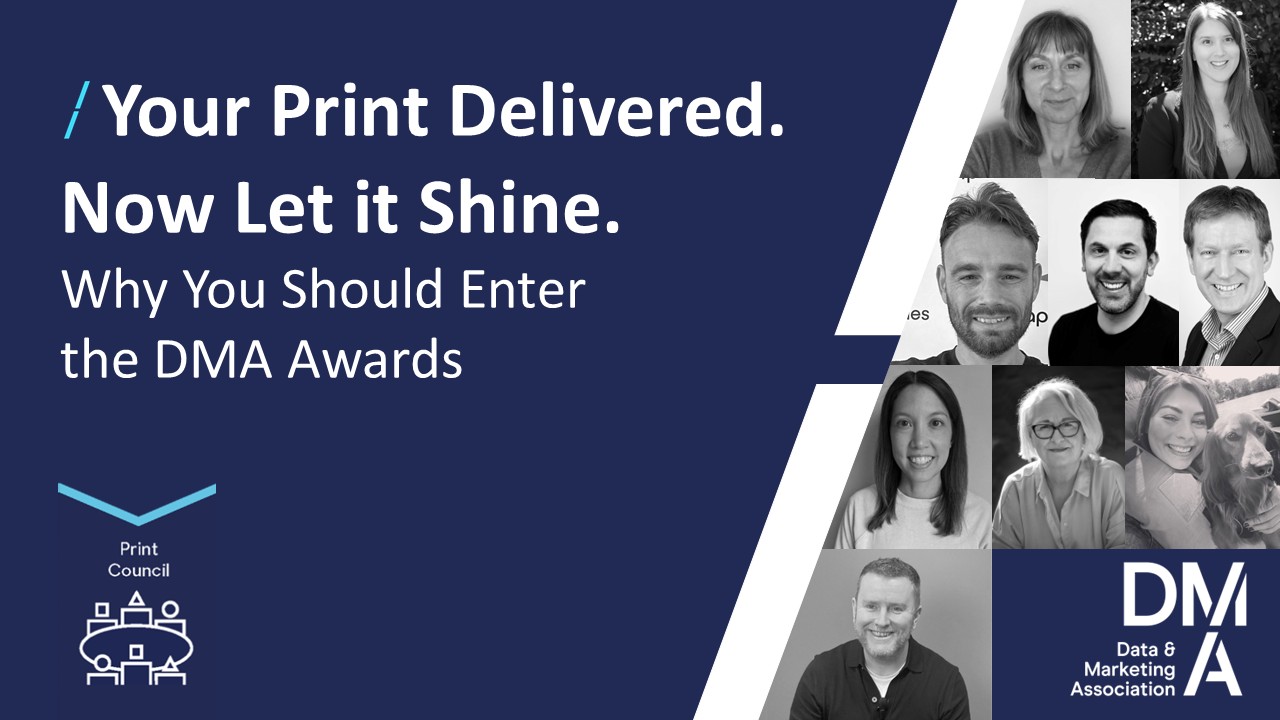Delivering Democracy
10 Dec 2019
The UK public can be forgiven for feeling election fatigue. The majority of citizens have been asked to the polls twice already in 2019, for local elections and European Parliament elections – both within the month of May. Now, with a general election scheduled for December 12th, the public must make its choice once again.
Understandably, the resulting attention focuses on the outcome of the votes, with little consideration given to the voting process itself. But the fact is, without a slick and streamlined behind-the-scenes operation, any attempt to mobilise several million citizens of voting age would quickly descend into chaos.
The poll card is a relatively new concept – having been first introduced in time for the 1950 general election. Before its introduction, each party was responsible for producing its own polling cards detailing the time and place to vote. Today, voters receive a poll card from the returning officer of their local authority. There are currently over 46 million people eligible to vote in the UK, and any election places enormous demands on back-office processes.
Relatively few local authorities handle the print and processing of their citizen-facing documentation in-house. Instead, these authorities outsource such specialist work to print providers throughout the UK. Once printed, the documents must be safely and accurately delivered to meet election timings.
This year alone we have worked with print specialists to deliver almost 1.5 million poll cards on behalf of eight local authorities in the south and south-west of England. Typically, our vehicles collect the poll cards from our print partners in the evening. These have been pre-sorted into Royal Mail’s walk routes – i.e. individual routes walked by postal staff. The cards arrive at our Warrington or Luton sites – depending on the location of the print partner – and are then scanned and uploaded into our software system. The system automatically alerts Royal Mail to the volume and intended destination of items. Given the volume and complexity of poll card processing, we would usually provide two weeks’ prior notice of this type of mailing to Royal Mail to ensure they are fully prepared.
The poll cards are then delivered to the Royal Mail inward mail centres the following morning. A number of specifications have to be met in order to adhere with Royal Mail’s Poll sort classification. For example, poll cards must be the correct weight, size and thickness, and items must be correctly bundled and labelled according to individual walks. The cards must also be delivered to Royal Mail in trays to aid their own processing methods.
Once received, Royal Mail commits to delivering all poll cards within three days, giving citizens plenty of time to digest the information before the voting date.
Playing a part in the democratic process of the UK is a matter of pride for the company. This year has seen our poll card service put through its paces – particularly by the European elections which were confirmed relatively late due to Westminster voting on Brexit.
We have developed an expert, streamlined service, working closely with specialist print providers and Royal Mail. The result is that, whatever the politicians decide next, we’ll be ready.





Please login to comment.
Comments